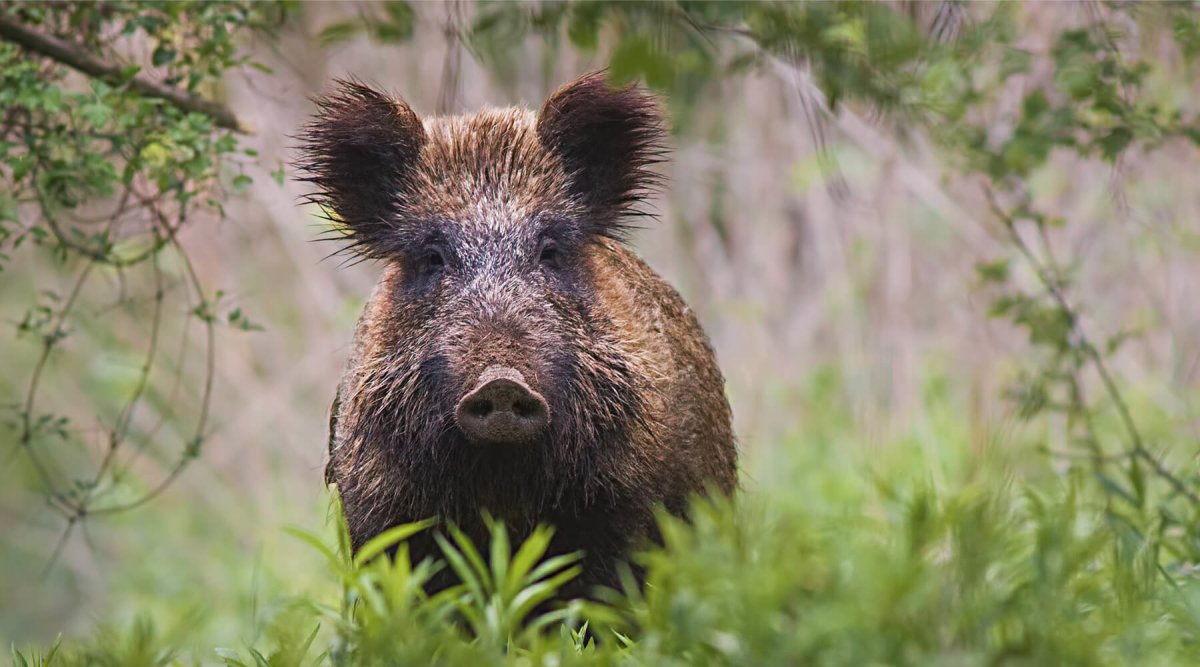Autumn and winter, the cold and wet seasons are already on the horizon. During this time, your dog also has to contend with the changing cold and damp temperatures. For some four-legged friends, it becomes real dog weather. Our veterinary practitioner Angelica knows what you need to look out for in the coming winter so that your pet can cope with all the challenges without any problems.
Challenges for dogs in winter
Your four-legged friend rightly demands his daily walks, even when it's stormy, raining or snowing outside. After all, sufficient exercise in the fresh air is particularly important for dogs in winter. And of course it won't do you any harm either.
Especially after a long stay in heated rooms, the body gets new oxygen in the fresh air and the lungs are cleansed. Your dog gets new energy, blood flow and circulation are stimulated and his immune system is mobilized.
Walks are therefore recommended at any time of year, even if the warm tea and cuddly blanket are tempting. You should pay attention to the following 6 things in winter to ensure that your four-legged friend has everything they need.
Dry air
Your pet's mucous membranes suffer particularly in dry, heated rooms. It is therefore important that you encourage your dog to drink even in winter and allow him to go for regular walks. Underfloor heating in particular can dry out your four-legged friend's skin - he will start to scratch more often. If possible, your dog should sleep in a less heated area. You can also feed him, for example,with linseed oil and salmon oill for example. These natural oils promote vitality and ensure a shiny coat.
A compromised immune system
It's not just the temperatures inside and outside that are a problem: switching from one to the other is often difficult. Your dog needs sufficient energy on cooler days to maintain a regulated body temperature and your pet's immune system should be prepared for this challenge. The best way to do this is with a balanced diet and additional feeding of valuable vitamins, minerals and trace elements. Natural dietary supplements such as cat's claw powder, propolis powder and rosehip powder are a good way to keep your dog fit.
If your dog is already showing signs of deficiency, your pet should be fed sufficient essential vitamins and minerals. MultiVETAL powder with barley grass, acerola and acai contains the 13 most important water- and fat-soluble natural vitamins as well as 11 of the most important minerals and trace elements. Incidentally, your dog should avoid swimming in water in winter, no matter how much he loves it. A dip in the icy water can really put your pet's immune system to the test.
Change of coat
They say that dogs have a thick coat - now you can observe this in practice. Your four-legged friend develops a thick, long coat in the fall to protect him from the cold temperatures in winter. During the shedding period, you can groom your pet with regular brushing. This allows the winter coat to grow back better and prevents matting.
Whether you choose a dog coat or sweater for your four-legged friend is up to you. This could be a good idea if your dog is old or ailing or lacks a warming undercoat. Affected breeds include the Rhodesian Ridgeback, Havanese and especially greyhounds.
Rusty joints
The cold, wet weather is a major challenge, especially for older animals or animals with limited movement. But even then, daily exercise in the fresh air is important. Adapted to your dog's needs and characteristics, walks should be fun even in cold weather. Small search or retrieval games, for example, can break up the daily walk and save long walks. Afterwards, your dog should be dried off well and, if necessary, covered up so that he can warm up again.
The correct feeding of valuable nutrients via special feed supplements can also make a decisive contribution to your dog's enjoyment of exercise. Our product made from natural collagen for dogs can support the entire joint apparatus, as it reaches the cartilage, tendons, ligaments and bones thanks to its high bioavailability. A little green-lipped mussel powder or green-lipped mussel capsules can also improve your pet's well-being and maintain their desire to move.
Tired paws
Ice and snow are hard on your dog's paws in the cold season. Add to this road salt and grit and the sensitive skin between the toes becomes even more irritated. Especially in the city, you often can't avoid gritted sidewalks, so you should clean and dry your dog's paws with a clean, lukewarm cloth after every walk. Ideally, dogs' paws are soft and smooth; if they start to become brittle and cracked, you can lubricate the paw pads with a greasy cream such as Vaseline or a paw protection balm care.
Before winter, you can prepare the paws for the cold days with a little care: especially with long-haired dogs, the thick tufts of hair between the toes and the paw pads should be shortened. This prevents ice and lumps of snow from forming in between and road salt and grit from sticking. If your pet has very sensitive paws, you can also consider dog shoes. You should make sure that they fit properly so that there are no rubbing points.
Limited visibility
The days start to get shorter in the fall and you will probably only be able to walk your dog when it is already getting dark outside. It is therefore advisable for dog owners to pay attention to the visibility of their four-legged friends. You can easily achieve this for yourself with reflectors of all kinds, LED armbands, headlamps, etc.
But your dog should also be equipped: for example, reflective vests, collars and leads, luminous collars or flashing lights in a wide variety of colors are available. This may not be to everyone's taste, but your dog's safety comes first.



